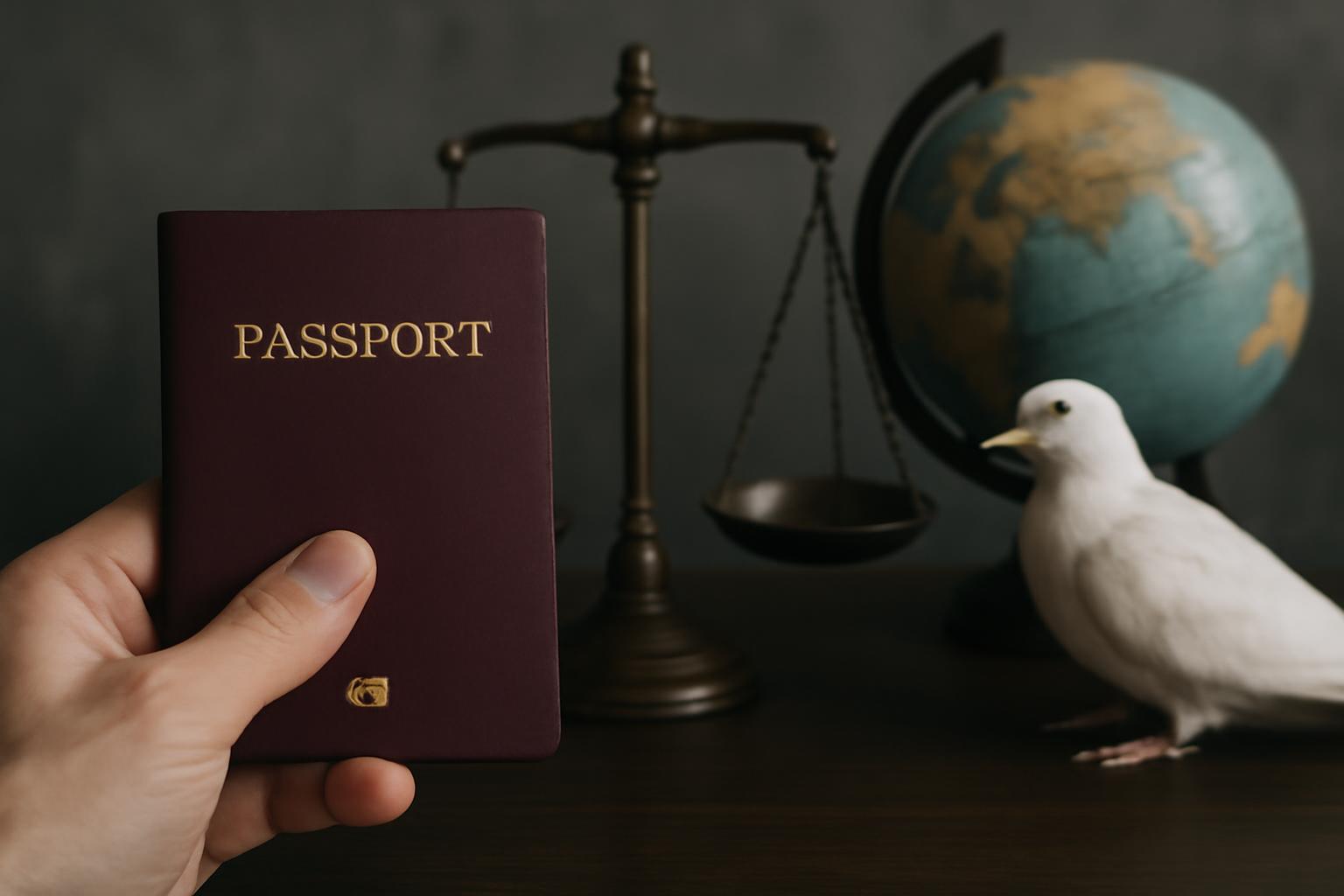Eight Afghans, two families, who carried German Aufnahmezusagen—promises of admission—were again detained in Pakistan, after having stayed at a GIZ guesthouse in central Islamabad. The police swept the residence, large vans unloading guests, and arrests were confirmed by a humanitarian initiative. A second incident at another GIZ guesthouse involved a fellow with an Aufnahmezusage who was stopped, only to be released after a nearby employee intervened. Those affected are said to be individuals who hold admission offers but must still pass on-site security checks, a process that is currently not being carried out. Pakistan has been returning Afghans without valid status, raising the risk that those with Aufnahmezusagen who have not yet completed checks could be deported. By mid-August, more than 200 Afghans with German admission commitments had already been deported from Pakistan. The arrests occur amid statements suggesting the review period for these commitments might be extended, which stands in tension with the threat of enforcement now unfolding.
What is exposed here is less a single incident than a structural pattern: the attempt to administer mercy through promises that depend on procedural steps never fully taken, and the consequent weaponization of human beings as bargaining chips in international theatre. A liberal order does not thrive on the visible sincerity of speeches about humanity if the underlying institutions cannot deliver reliable, predictable rules. The promise of safe resettlement rests on a chain of knowledge and procedures distributed across borders, yet when the central authority suspends or abandons critical steps—security checks, due process, verifiable eligibility—the chain breaks and the vulnerable are left at the mercy of whoever happens to be in the street with a badge or a van.
The episode also dramatizes a fundamental limit of centralized planning in human affairs. Migration is not a ledger to be balanced by executive decree; it is a tapestry woven from countless local decisions, security concerns, investigative capabilities, and the disparate information of many hands. When a host country’s actions—guided by political expediency, diplomatic signaling, or short-term urgencies—override the procedural safeguards that grant predictability, the very idea of a rule-based system erodes. People lose trust in commitments that depend on a security check that is never performed; states lose credibility when their assurances dissolve into ad hoc enforcement. The result is not only precarity for those caught in the dragnet but a widening of risk across international cooperation.
There is a duty to respect the dignity of individuals who seek refuge or opportunity through lawful admission processes. Yet dignity is inseparable from the rule of law, not from rhetoric about mercy that is contingent on opaque security practices. The proper function of policy here would be to align promises with enforceable, transparent procedures; to ensure that any admission commitment is tethered to a concrete, timely path of verification and that withdrawal or enforcement respects due process. This requires strong, predictable institutions—both in the home country and abroad—that can handle information, assess risk, and administer relief without turning human beings into pawns in diplomatic theatre.
Ultimately, the episode invites a sober reflection on liberty, security, and the limits of state action. The liberal order flourishes when individuals can act on plans grounded in reliable rules, when commitments are credible because they are anchored in lawful process, and when coercive power is exercised with restraint and accountability. The temptation to shorten procedures for the sake of expediency undermines both the security of citizens and the safety of those seeking asylum. If we are to honor the humane impulse that underwrites such promises, we must insist that authority operates within the architecture of law, knowledge, and orderly procedure—never as a performance in which human beings are placed at the mercy of expedient political calculation. Only then can movement across borders be a testament to freedom rather than a theater of coercion.
